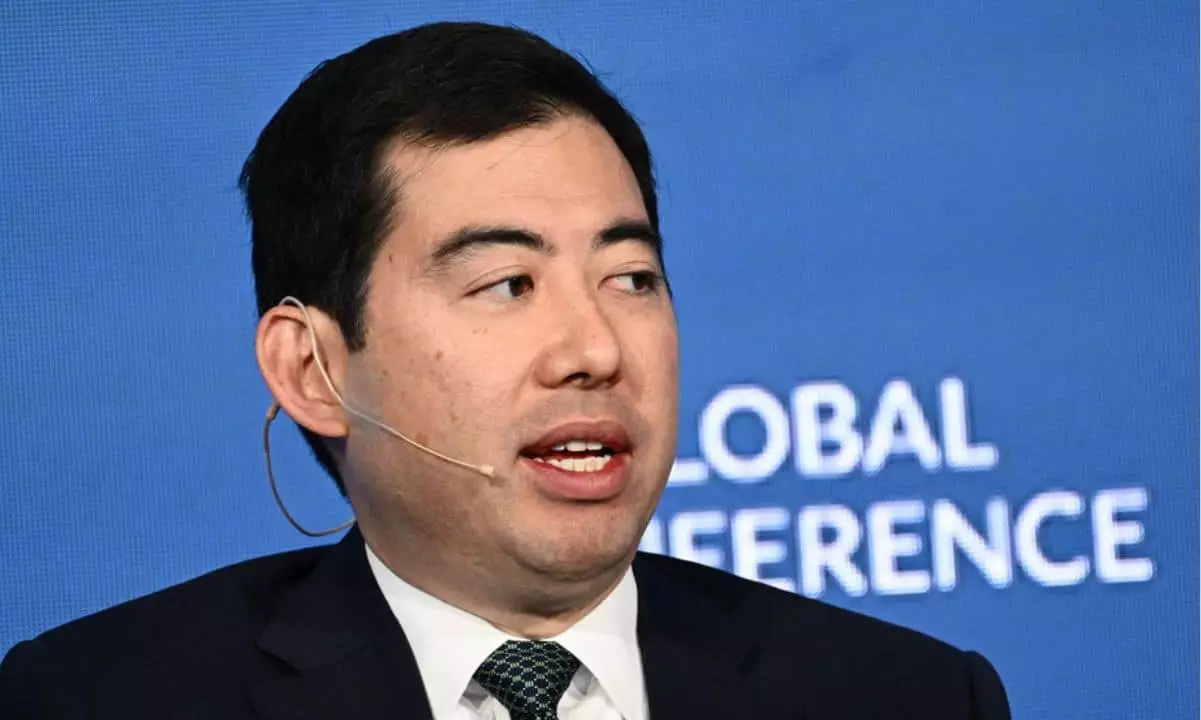In recent times, the discourse surrounding cryptocurrency regulation in the United States has taken a significant turn, particularly with U.S. Securities and Exchange Commission (SEC) Commissioner Mark Uyeda advocating for a reformation in the way the agency manages this burgeoning sector. Uyeda’s stance resonates with a broader political shift that could accompany the incoming administration of President-elect Donald Trump. The shift signals a potential retreat from the aggressive regulatory position adopted under the Biden administration—a move that many in the crypto industry have been eagerly anticipating.
Uyeda’s criticisms revolve primarily around the SEC’s extensive enforcement actions over the past three years, which have exceeded a hundred cases. While some of these cases are undeniably warranted due to serious allegations of fraud and money laundering, others appear to be targeted at minor infractions, such as registration failures. Uyeda emphasizes that these actions lack a direct connection to fraud, arguing that penalties imposed for not registering should not equate to punitive measures reserved for more severe violations. His call for the cessation of enforcement actions without any allegations of actual harm reflects a broader desire for the SEC to adopt a more rational and balanced approach to cryptocurrency oversight.
The political implications of Uyeda’s remarks are profound, especially given the speculated changes in SEC leadership. Should current SEC Chair Gary Gensler step down before Trump’s inauguration, there exists a possibility for a newly appointed official to reshape the regulatory landscape significantly. Experts suggest that this could involve not only dismissing ongoing non-fraud cases but also possibly re-evaluating existing judgments against crypto firms. Such a pivot would signify a dramatic shift away from the current punitive framework and could foster a more favorable environment for innovation within the crypto sector.
Responses from industry leaders and lawmakers have echoed Uyeda’s calls for reform, with criticisms directed towards how Gensler’s tenure has fostered an environment of uncertainty. Ripple CEO Brad Garlinghouse encapsulated this sentiment by describing the current regulatory climate as a “reign of terror,” underscoring a pervasive fear among industry participants about overreach and unpredictability. This discontent is not limited to the private sector; various members of Congress have urged the SEC to establish clearer guidelines that would enhance compliance while promoting growth.
As the Biden administration winds down and a new political regime prepares to take over, the future of cryptocurrency regulation hangs in the balance. The advocacy for clearer guidelines and a more level playing field is gaining traction, facilitated by voices from both inside the SEC and external stakeholders. Ultimately, the evolution of the SEC’s approach could not only influence how cryptocurrencies are regulated, but it could also reshape the entire landscape of digital finance in the United States. If implemented thoughtfully, these reforms might usher in an era of innovation and growth in the crypto space that was previously stifled by regulatory uncertainty.

